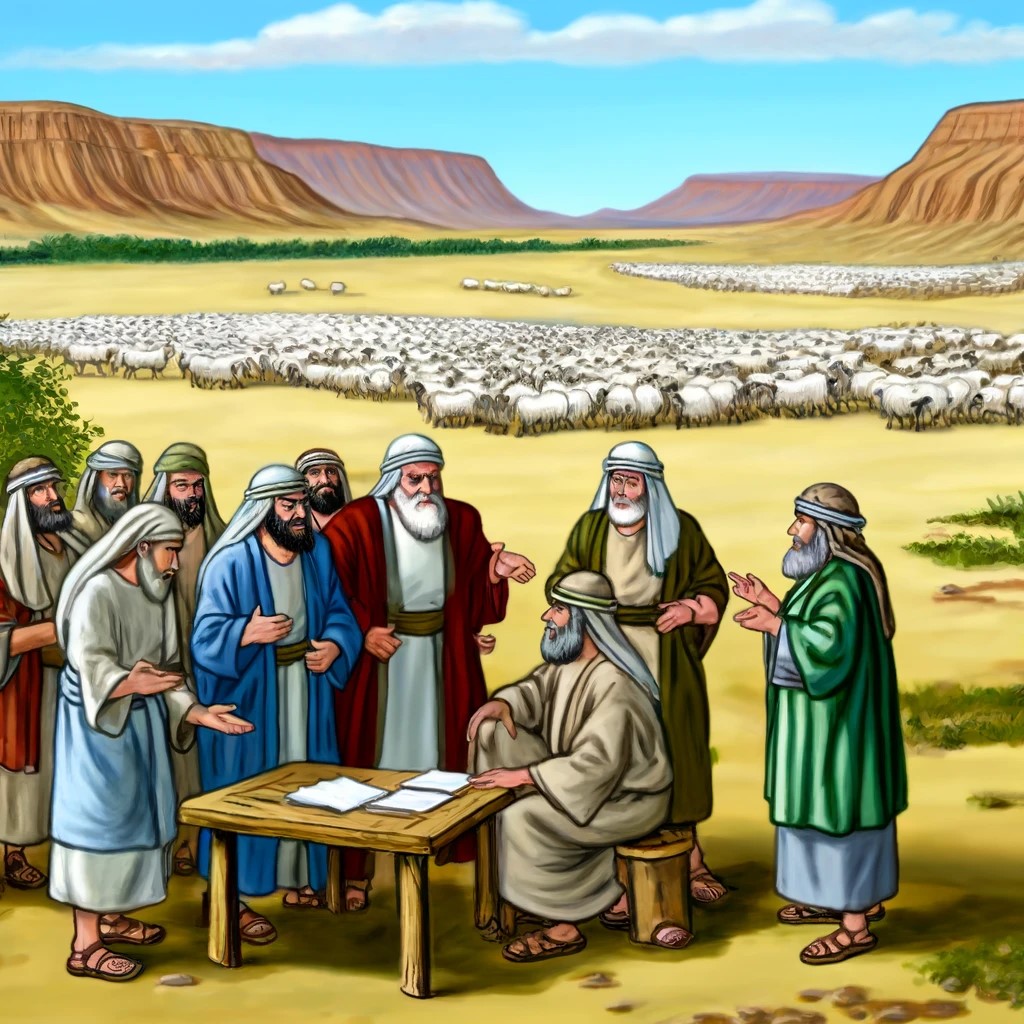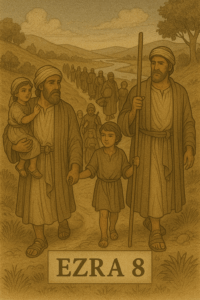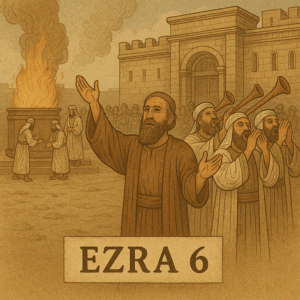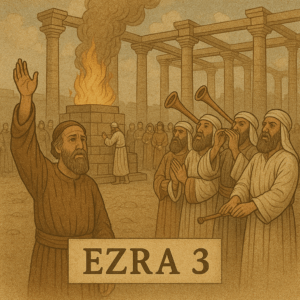Introduction.
Numbers 32 recounts the episode where the tribes of Reuben and Gad request Moses to allow them to settle east of the Jordan River, rather than crossing into the Promised Land. This chapter offers lessons on negotiation, community obligation, and the balance between individual desires and collective needs.
The request and its implications.
The Reubenites and Gadites, noting the suitability of the land for their large flocks, approach Moses with a request to settle east of the Jordan. This proposal initially angers Moses, who compares their request to the earlier refusal of the Israelites to enter the Promised Land, fearing it might demoralize the other tribes.
Negotiations and agreement.
A negotiation ensues where Moses sets conditions: if the men of Reuben and Gad lead the army across the Jordan and help secure the land for their fellow tribes, they can then return and settle the requested area. This agreement underscores the importance of communal responsibility and ensures that personal desires do not undermine collective goals.
Lessons for today.
– Balancing individual and community needs: The story teaches the importance of balancing personal desires with the needs and well-being of the community.
– Leadership and negotiation: Moses’ leadership in negotiating terms that align individual requests with communal responsibilities provides a model for effective leadership.
– Commitment to collective goals: The commitment required of the Reubenites and Gadites to support their brethren before receiving their inheritance illustrates the principle that privileges come with responsibilities.
Conclusion.
Numbers 32 not only narrates a historical land agreement but also delves into the dynamics of community interaction, negotiation, and the responsibilities that come with leadership and membership within a group. As modern readers, we can draw parallels to how we manage individual and community needs in our societies and organizations.
Reflection.
Consider a situation where you had to negotiate between personal desires and community or group needs. What principles guided your decisions, and how can the lessons from Numbers 32 apply to that situation?




